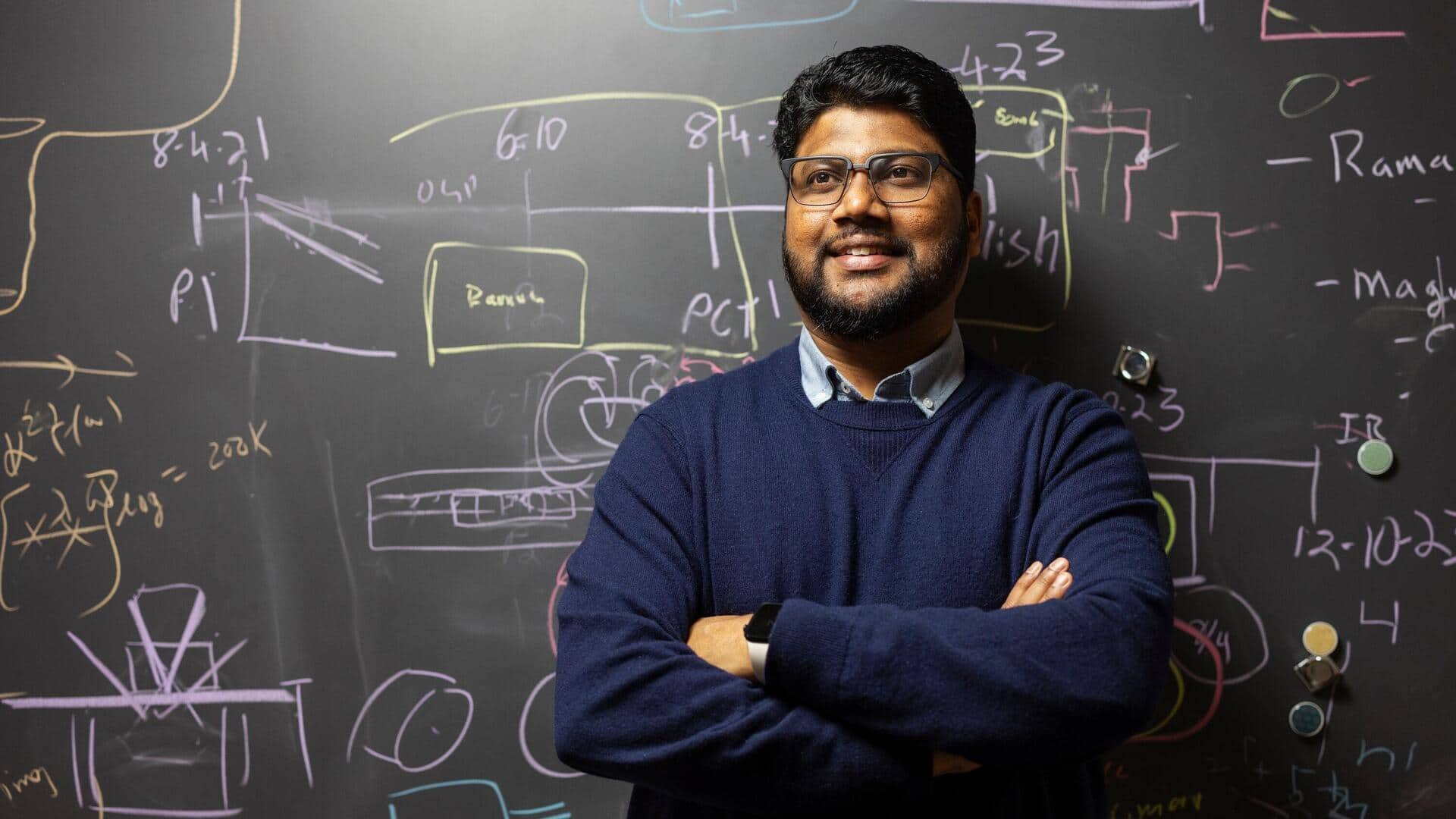
Physicist found guilty of research misconduct in superconductivity breakthrough
What's the story
Ranga Dias, a physicist who developed novel room-temperature superconductor, has been found guilty of research misconduct. This conclusion was reached after an investigation by a panel of external experts who have been scrutinizing Dias's work since August 2023. Dias is a faculty member at the University of Rochester. The Wall Street Journal disclosed the committee's findings and mentioned that the accuracy of his findings are under the lens.
Claims debunked
Dias co-authored research paper last year
Dias had previously asserted the creation of one of the inaugural room-temperature superconductors, an assertion that is now debunked. His co-authored research paper in Nature last year centered on nitrogen-doped lutetium hydride. The substance was purportedly capable of conducting electricity at room temperature without resistance, similar to the LK-99 superconductor that stirred social media interest.
Reliability questioned
Withdrawal of research due to data reliability issues
However, discrepancies were discovered in Dias's research, resulting in the withdrawal of his paper and several other works due to "data reliability concerns," as expressed by University of Rochester spokesperson Sara Miller. The university carried out a comprehensive investigation with a team of external scientists who determined that Dias committed "research misconduct," in line with university policy and federal regulations.